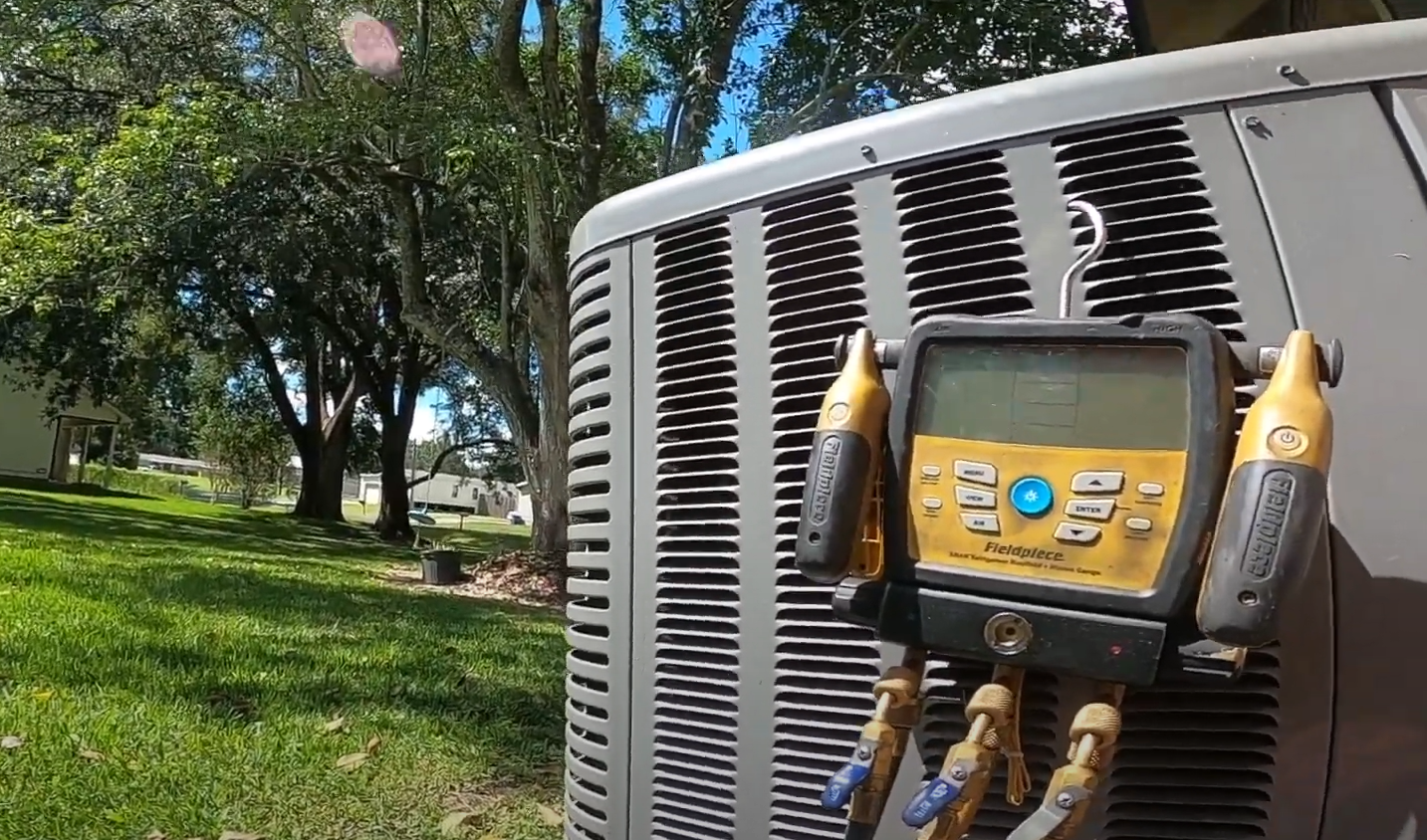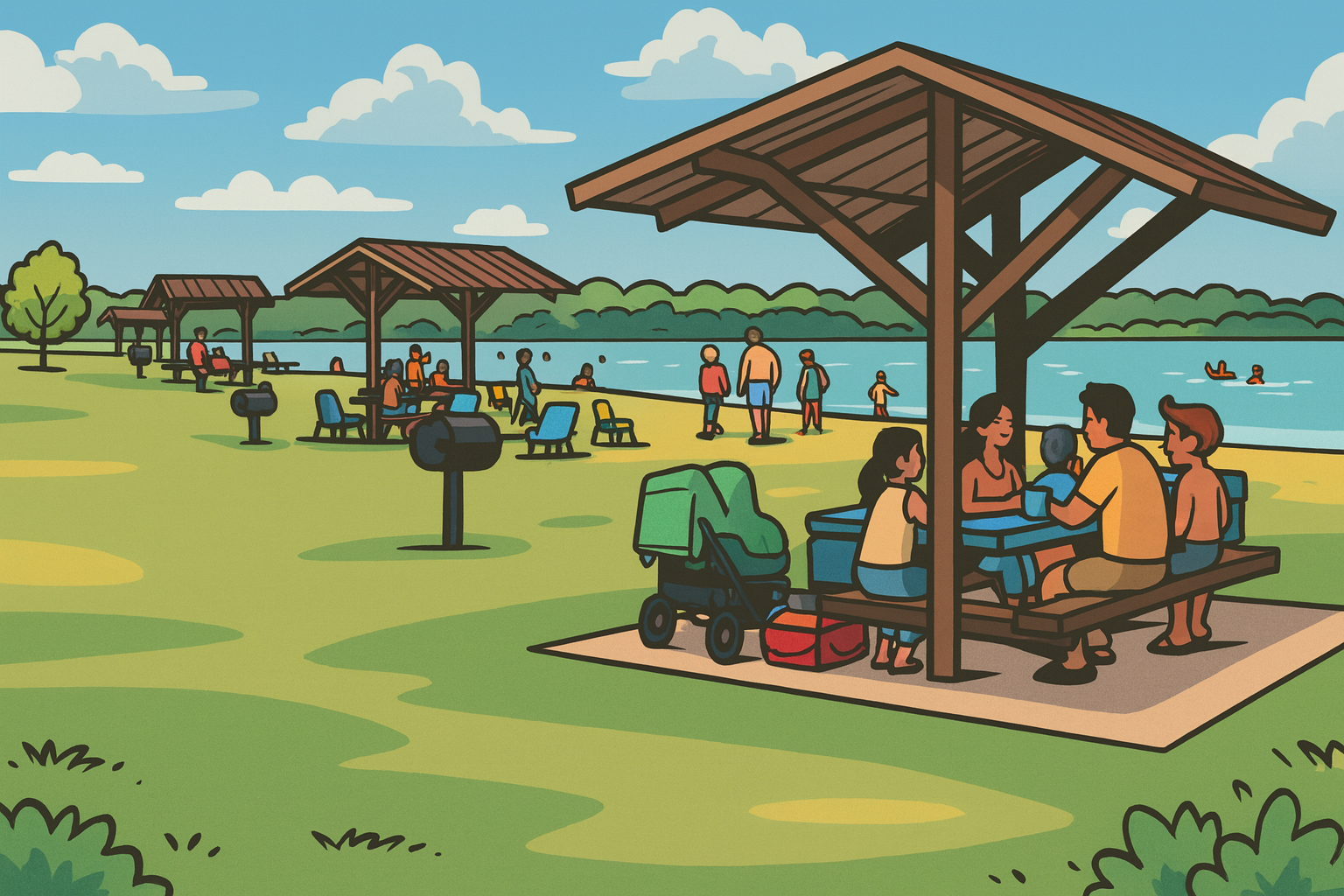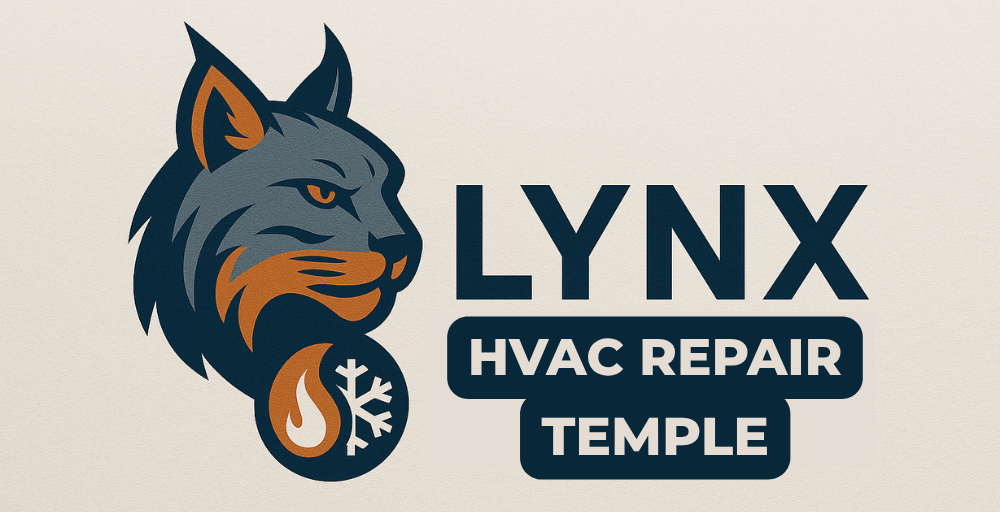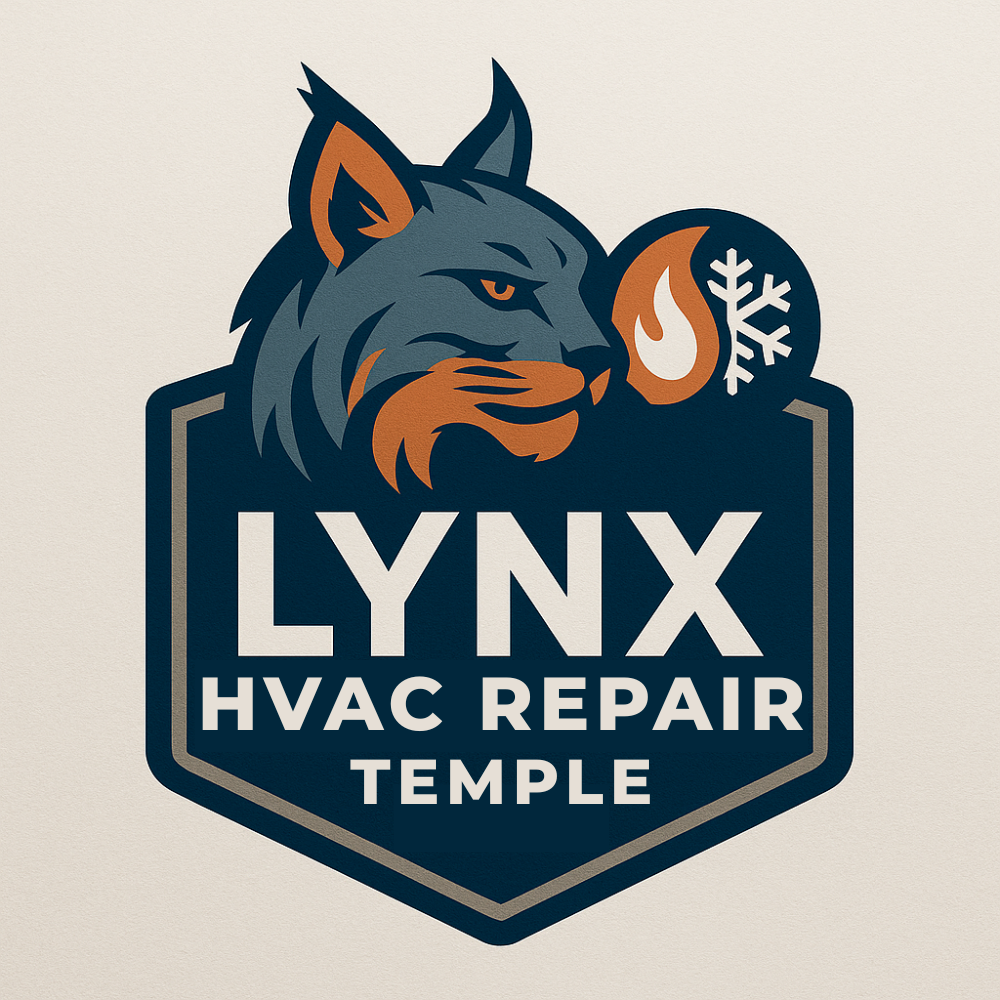AC Troubleshooting Checklist: Essential Steps For Temple Homeowners
When your air conditioner stops working in the sweltering Temple, Texas heat, every minute without cool air feels like an eternity. As local HVAC experts serving the Temple community, we've helped countless homeowners restore comfort to their homes through simple troubleshooting steps. By following a systematic AC troubleshooting checklist, you can often identify and fix common cooling problems quickly, potentially saving hundreds of dollars in unnecessary service calls.
Your AC system gives clear signs when something isn't working right - from unusual noises to weak airflow or inconsistent cooling. Taking a methodical approach to diagnosing these issues helps pinpoint the exact problem, whether it's a clogged filter, frozen coil, or thermostat malfunction. Many of these issues have simple fixes that most homeowners can handle themselves.
A properly maintained air conditioning system runs efficiently and reliably through the hottest Texas summers. Regular checks of your AC unit's basic components, combined with prompt attention to emerging problems, can prevent minor issues from becoming major repairs. We've compiled this troubleshooting guide to help you keep your system running smoothly and know exactly when professional service is needed.
Key Takeaways
- A systematic inspection can quickly reveal common AC problems and their solutions
- Regular maintenance prevents most major air conditioning breakdowns
- Professional HVAC service is essential for complex repairs and system safety
Quick AC Troubleshooting Steps
When your air conditioner stops working properly, these basic troubleshooting steps can help identify and often resolve common AC problems. Following a systematic approach saves time and might prevent unnecessary service calls.
Checking Power Supply and Circuit Breakers
Start at your electrical panel and locate the circuit breakers for your AC system. Look for any tripped breakers and reset them by pushing them fully to the "off" position before switching back to "on."
Check both the indoor and outdoor unit circuits, as most AC systems use separate breakers for each component. A repeatedly tripping breaker signals a potential electrical issue that needs professional attention.
Inspect the fuse box if your home uses one. Replace any blown fuses with the exact same amperage rating. Never use higher-rated fuses as this creates a safety hazard.
Thermostat Settings and Function
Verify your thermostat has power - check if the display is visible and responsive. Replace batteries if your model uses them.
Set the temperature 5-7 degrees below current room temperature and switch to "COOL" mode. Listen for the system to activate within a few minutes.
Test each function: COOL, AUTO, and FAN. If the thermostat doesn't respond or shows incorrect temperatures, it may need recalibration or replacement.
Assessing Airflow and Air Filters
Remove and inspect your air filter - hold it up to a light source. If you can't see light through it, replace it immediately. Clean filters are crucial for proper system operation.
Check all supply vents in your home. Open at least 80% of them fully to maintain proper system pressure.
Look for blocked return air grilles. Keep furniture, drapes, and other objects at least 18 inches away from these openings.
Test airflow at supply vents using a piece of paper. The air should be strong enough to hold the paper in place. Weak airflow often indicates dirty filters or duct issues.

Common Air Conditioning Issues and Solutions
Air conditioning problems often show clear warning signs before complete system failure. Identifying these signs early can prevent costly repairs and maintain your comfort during hot Temple summers.
Low Cooling or Warm Air
When your AC blows warm air, check your thermostat settings first. Ensure it's set to "cool" mode and the temperature is below room temperature.
A dirty air filter blocks proper airflow, reducing cooling efficiency. Replace filters every 1-3 months depending on usage and dust levels.
Low refrigerant levels often cause inadequate cooling. Signs include ice formation on the evaporator coil and higher energy bills. Only licensed professionals should handle refrigerant issues.
Check your outdoor unit for debris or blockages. Leaves, dirt, and grass clippings can restrict airflow and reduce cooling capacity.
Water Leaks and Moisture Problems
A clogged condensate drain line is the most common cause of water leaks. Pour a cup of vinegar through the drain line every 3 months to prevent algae growth.
Check the condensate pan for cracks or rust. A damaged pan needs immediate replacement to prevent water damage.
Frozen evaporator coils create excess moisture when thawing. This typically stems from:
- Dirty air filters
- Low refrigerant
- Restricted airflow
Unusual Noises or Odors
Squealing sounds indicate a failing belt or motor bearing. Turn off your system and call a professional immediately.
Clicking noises during startup and shutdown are normal, but constant clicking suggests thermostat problems.
Musty smells often mean mold growth in your system. Clean or replace air filters and consider a professional duct cleaning.
Burning odors require immediate attention - shut down your system and contact an HVAC technician to prevent potential electrical fires.
Metal-on-metal grinding sounds signal serious mechanical issues that need professional repair.
Essential Maintenance for Preventing AC Problems
Regular maintenance stands as the most effective defense against unexpected AC failures and costly repairs. A proactive approach to system care can reduce energy costs by up to 30% while extending equipment life.
Filter Replacement and Cleaning
Replace air filters every 30-90 days depending on usage and environmental factors. Dirty filters restrict airflow, forcing your system to work harder and consume more energy.
Signs you need immediate filter replacement:
- Visible dust accumulation
- Increased energy bills
- Reduced airflow from vents
- More frequent system cycling
Clean washable filters with warm water and mild soap. Let them dry completely before reinstallation.
Outdoor Unit and Coil Maintenance
Keep the outdoor unit clear of debris within a 2-foot radius. Remove leaves, grass clippings, and dirt that can impair performance.
Clean condenser coils annually with a soft brush or coil cleaner. Bent fins reduce efficiency and should be straightened with a fin comb.
Check refrigerant lines for intact insulation. Replace damaged insulation to prevent energy loss.
Humidity and Indoor Air Quality Monitoring
Install a hygrometer to track indoor humidity levels. Maintain readings between 30-50% for optimal comfort and system efficiency.
Clean air vents and registers monthly with a damp cloth. Blocked vents create pressure imbalances that strain your HVAC system.
Recommended humidity control measures:
- Use bathroom exhaust fans
- Run the AC in "dry mode" during humid days
- Address water leaks promptly
- Check condensate drain lines monthly
When to Call a Professional HVAC Technician
Some AC issues require specialized knowledge and professional tools for safe and effective repairs. Lynx HVAC Repair can provide immediate professional attention to prevent minor problems from becoming costly repairs.
Diagnosing Electrical Malfunctions
A qualified HVAC technician should inspect your system if you notice flickering lights when the AC starts or if circuit breakers trip frequently. These symptoms often indicate serious electrical problems.
Professional testing equipment can detect voltage irregularities and failing components that aren't visible to the naked eye. Signs you need an electrician include:
- Burning smells from vents or outdoor unit
- Fan motor not spinning or making unusual noises
- Controls not responding properly
- System randomly shutting off
Identifying Refrigerant and Compressor Issues
Contact a certified technician if your AC isn't cooling effectively or you hear unusual noises from the compressor. Only licensed professionals can legally handle refrigerant.
Warning signs of refrigerant problems:
- Ice formation on refrigerant lines
- Warm air from vents
- Hissing sounds near copper lines
- Higher than normal energy bills
The compressor is the heart of your AC system. Strange noises like grinding, squealing, or banging from the outdoor unit require immediate professional inspection.
Solving Persistent or Complex Problems
Professional AC repair becomes necessary when basic troubleshooting fails to resolve the issue. Licensed technicians have access to advanced diagnostic tools and manufacturer-specific knowledge.
Call an HVAC professional if you experience:
- Multiple components failing simultaneously
- System short cycling (turning on and off frequently)
- Uneven cooling throughout your home
- Strange sounds or odors that persist after basic maintenance
Professional technicians can identify underlying issues that might not be apparent during basic troubleshooting steps.
You might also like




